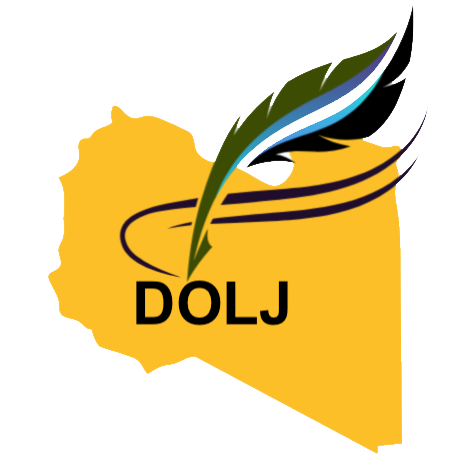The Role of Colonial Cultural Models in Hindering Development
DOI:
https://doi.org/10.54172/n5pmw050Keywords:
Component, Colonizer, development, identityAbstract
This research aims to shed light on the role of the "Cultural Models Mechanism," established by colonial powers as a characteristic or identity for the Third World. It has become so ingrained that it attributes its perceived backward traits to itself, defending and considering them as intrinsic qualities. Moreover, it views others as inherently rejected and denies them the right to a distinct identity. These factors hindered the adoption of a philosophical and educational reference derived from the heritage, history, and present issues of nations that fell victim to colonization or granted themselves a share of independence. The researcher argues that the colonizer is condemned for much deeper issues than can be simply evaluated materially. The colonial legacy has produced cultural and psychological disabilities that continue to influence entire nations, undermining their efforts in organizing developmental and creative actions, understanding their identity, establishing criteria for interrelations, and overcoming the colonial references that divided them, mocking their sovereignty.
Downloads
Published
Issue
Section
License

This work is licensed under a Creative Commons Attribution-NonCommercial 4.0 International License.
Copyright of the articles Published by Almukhtar Journal of Social Science (MJSSc) is retained by the author(s), who grant MJSc a license to publish the article. Authors also grant any third party the right to use the article freely as long as its integrity is maintained and its original authors and cite MJSSc as the original publisher. Also, they accept the article remains published by the MJSSc website (except in the occasion of a retraction of the article).













